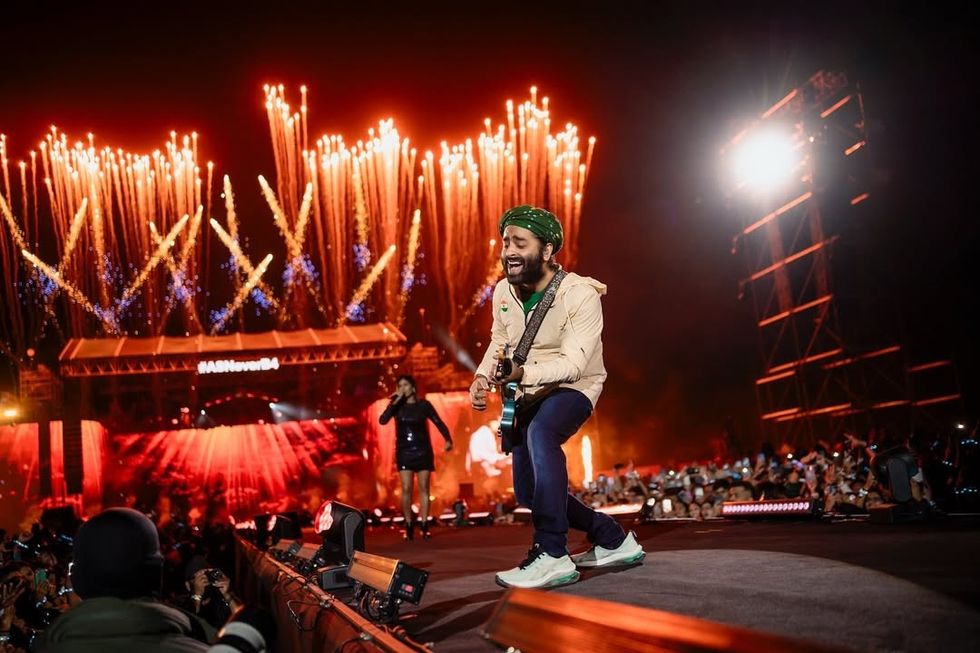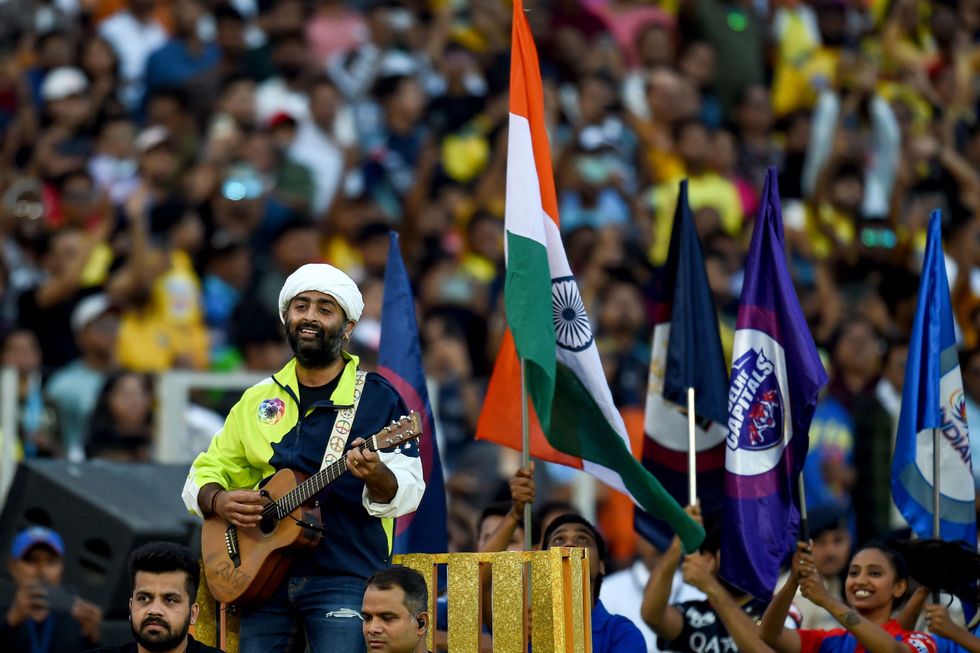US PRESIDENT Joe Biden has announced his intent to appoint two Indian Americans to his Export Council which is the principal national advisory committee on international trade.
On Tuesday (28), he announced a list of members he intends to appoint to the the Council, according to a White House press release.
Punit Renjen, the former CEO of Deloitte Consulting, and Rajesh Subramaniam, CEO and president-elect of FedEx, are on the list.
The Council will be headed by Mark Edin, chairman of Kastle Systems.
More than two dozen leaders from the corporate sector, labour, real estate, national security and law, have been tapped into the council.
Prominent among them are Karen S Lynch, president and CEO of CVS Health; John Lawler, the chief financial officer of Ford; Gareth Joyce, CEO at Proterra; Brett Hart, president of United Airlines; Beth Ford, president and CEO of Land O'Lakes; and Qualcomm CEO Cristiano R Amon.
“The Council advises the President on government policies and programmes that affect US trade performance; promotes export expansion; and provides a forum for discussing and resolving trade-related problems among the business, industrial, agricultural, labour, and government sectors,” the White House said.
On December 31, Renjen retired as Deloitte Global CEO after having served in the role since June 2015.
He now serves as Deloitte Global CEO Emeritus. Under his leadership, Deloitte launched WorldClass — a global effort to prepare 100 million underprivileged people for a world of opportunity — based on the belief that business thrives when society thrives, the White House said.
Recently, Deloitte made a commitment to be net zero by 2030 under its WorldClimate initiative and joined the First Movers Coalition.
Renjen is deeply committed to advancing diversity and inclusion at Deloitte through measurable actions toward gender balance.
Over his career, Renjen has been recognised by numerous organisations for his leadership, business acumen and commitment to societal impact.
In 2022, Renjen was recognised by the Economic Times as “Global Indian of the Year” and the Carnegie Corporation of America as one of 34 “Great Immigrants. Great Americans.”
In 2021, the US-India Strategic Partnership Forum recognised Renjen with its Global Achievement Award. In 2020, Renjen was awarded the Oregon History Makers Medal.
Raj Subramaniam, as President and Chief Executive Officer of FedEx Corporation, is responsible for providing strategic direction for all FedEx operating companies.
Subramaniam is chair of the five-person Executive Committee, which plans and executes the corporation's strategic business activities.
He is also chair of the FedEx Strategic Management Committee, a select group of the company's top leadership, which sets the strategic direction for the enterprise.
Before being named president and CEO-elect in March 2022, he was the president and chief operating officer of FedEx Corporation.
Previously, Subramaniam held various leadership roles in operations and marketing across the FedEx portfolio of operating companies.
Subramaniam serves on the board of directors of FedEx Corporation, the Procter & Gamble Company, the US Chamber of Commerce's China Center Advisory Board, FIRST, US-India Strategic Partnership Forum, and the US-China Business Council, and a member of the US-India CEO Forum.
Subramaniam is also a 2023 recipient of the Pravasi Bharatiya Samman Award, the highest civilian award presented by the President of India to the Indian diaspora in recognition of outstanding achievements in India and abroad, the White House said.
(PTI)
Two Indian American corporate leaders appointed to US Export Council






 Priyanka Chopra calls herself nascent in Hollywood as 'Heads of State' streams on Prime VideoGetty Images
Priyanka Chopra calls herself nascent in Hollywood as 'Heads of State' streams on Prime VideoGetty Images  Priyanka Chopra wants to build her English film portfolio after Bollywood successGetty Images
Priyanka Chopra wants to build her English film portfolio after Bollywood successGetty Images  Ilya Naishuller, Priyanka Chopra and John Cena attend the special screening for "Head of State" Getty Images
Ilya Naishuller, Priyanka Chopra and John Cena attend the special screening for "Head of State" Getty Images








 Arijit Singh performing Instagram/
Arijit Singh performing Instagram/ Arijit Singh clicked during a performance Getty Images
Arijit Singh clicked during a performance Getty Images 


 Liam Gallagher accepts Oasis' award for 'Best Album of 30 Years' Getty Images
Liam Gallagher accepts Oasis' award for 'Best Album of 30 Years' Getty Images  Liam Gallagher plays to a sell out crowd at the Universal AmphitheatreGetty Images
Liam Gallagher plays to a sell out crowd at the Universal AmphitheatreGetty Images Liam and Noel Gallagher perform together in Cardiff for the first time since 2009 Instagram/oasis
Liam and Noel Gallagher perform together in Cardiff for the first time since 2009 Instagram/oasis